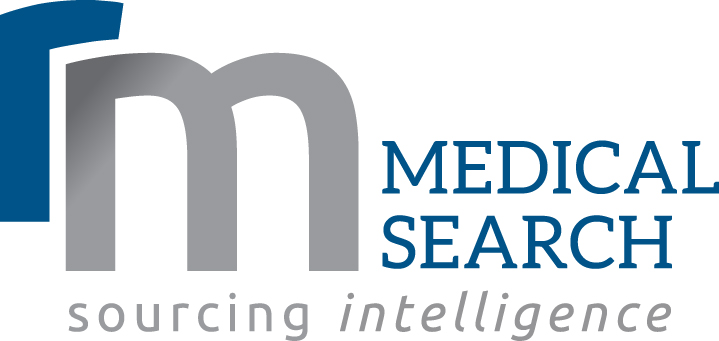Primary care physicians play a crucial role in the healthcare system, acting as frontline providers who deliver comprehensive, continuous, and personalized care to patients. The field of primary care offers a wide range of opportunities, from the traditional realm of family medicine to emerging trends like retail clinics and occupational health. To that end, we’ve compiled the list of options below that are available for primary care physicians.
Traditional Family Medicine
Traditional family medicine is the cornerstone of primary care, encompassing a broad range of medical knowledge and providing care to patients of all ages, genders, and backgrounds. Family physicians diagnose and manage a wide variety of acute and chronic conditions, coordinate care with specialists, and emphasize preventive medicine. They build long-term relationships with patients and their families, providing comprehensive care that spans across different healthcare settings, including clinics, hospitals, and nursing homes. Family medicine physicians often serve as the primary point of contact for patients, offering holistic care and addressing the full spectrum of their healthcare needs.
Locum Tenens
Locum tenens positions provide primary care physicians with flexible and temporary employment opportunities. These roles involve filling in for physicians who are on leave, during peak demand periods, or in underserved areas. Locum tenens physicians can choose assignments that match their interests and desired work schedules, allowing them to explore different practice environments and communities. This type of work offers the chance to experience diverse patient populations, healthcare systems, and geographic locations.
Retail Clinics
Retail clinics have gained popularity in recent years, providing accessible primary care services in retail settings such as pharmacies or supermarkets. These clinics offer convenient walk-in appointments for minor illnesses, immunizations, and preventive screenings. Primary care physicians working in retail clinics often provide on-the-spot diagnoses, prescriptions, and referrals for more complex cases. The role requires efficient patient management, rapid decision-making, and effective communication with patients. Retail clinics can offer primary care physicians a dynamic work environment, experience with a wide range of conditions, and opportunities to engage with diverse patient populations.
Urgent Care
Urgent care centers bridge the gap between primary care and emergency care, providing immediate medical attention for non-life-threatening conditions outside of regular office hours. Urgent care physicians diagnose and treat a variety of urgent medical issues, including minor injuries, infections, and illnesses that require prompt attention. These physicians must be skilled in triaging patients, managing time-sensitive situations, and making quick decisions. Urgent care offers primary care physicians the chance to work in a fast-paced environment, often with a diverse patient mix.
Hospitalist
Hospitalist positions have gained prominence in recent years, focusing on the care of inpatient patients. These physicians specialize in managing acute conditions and coordinating care, working closely with specialists, nurses, and other healthcare professionals. Hospitalists ensure smooth transitions of care, oversee medication management, and collaborate with traditional primary care physicians to provide comprehensive and continuous care throughout a patient’s hospital stay. Hospitalist roles require a deep understanding of inpatient care processes, critical thinking skills, and the ability to work effectively within multidisciplinary teams. These positions offer primary care physicians the opportunity to contribute to the well-being of hospitalized patients, refine their acute care skills, and participate in quality improvement initiatives.
Occupational Health
Primary care physicians specializing in occupational health focus on the unique healthcare needs of employees in various industries. They play a vital role in promoting workplace safety, preventing occupational hazards, and managing work-related injuries and illnesses. Occupational health physicians collaborate with employers to ensure compliance with occupational health regulations, conduct pre-employment screenings, and provide ongoing health surveillance for workers. They assess workplace environments, identify potential risks, and develop strategies to enhance employee well-being and productivity. Primary care physicians in this field have the opportunity to make a significant impact on the overall health of workers, promote preventive measures, and contribute to the success of businesses.
Final Considerations
By understanding and exploring these diverse positions, primary care physicians can make informed career choices that align with their interests, skills, and professional goals. Regardless of the path chosen, primary care physicians continue to be the frontline providers, delivering essential care and making a positive impact on the health and lives of their patients and communities.
If you’re interested in learning more about available primary care positions throughout the country please contact us or reach out to Arleen Richardson at arichardson@rm-med.com.

